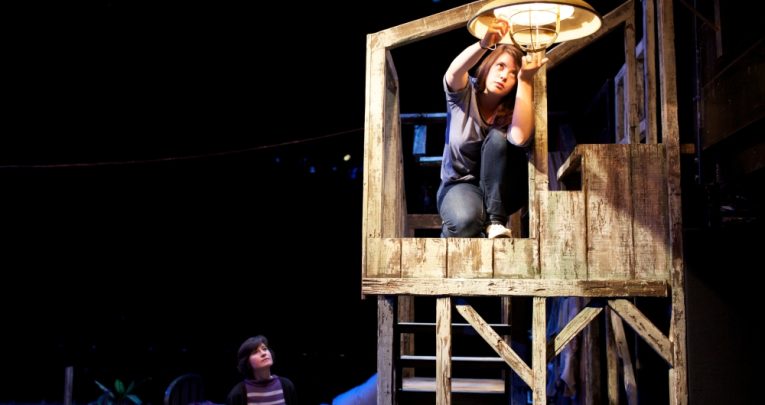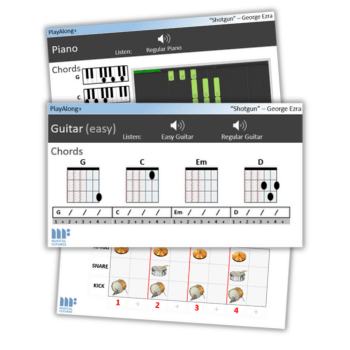Cultural vandalism – Why the arts shouldn’t be a ‘lower priority’ in schools

We’ve seen how important the arts are to school life, now more than ever – which is why the government's recently announced funding cuts are such a grave misstep, says Alice King-Farlow…

- by Alice King-Farlow
- Director of Learning & National Partnerships at National Theatre

Over the past year, the National Theatre has reached over 91,600 students, teachers and education professionals across the UK through creative learning programmes, including virtual technical courses and creative playwriting courses.
Over 4,100 schools are signed up to watch NT productions at home and in classrooms through the NT Collection, and we’ve created 111 new digital learning products this year. We’ve also been able to work with over 200 freelance artists to support the delivery of our learning programmes.
The NT building is usually abuzz with young people throughout the year discovering the magic of theatre, many for the first time – from youth theatre groups showcasing productions they’ve created at the Connections Festival, to pupils discovering hidden roles backstage through workshops and talks.
While we’ve had fewer students through our doors this year, the NT has been able to adapt its programmes following the closure of schools and theatres to ensure that pupils can continue participating in creative activities, watch productions and keep the spark for theatre alive.
Resilience and innovation
This past year has seen the NT work with a vast number of teachers. Its digitised content has fitted flexibly around teachers’ busy schedules, while minimising cost and travel expenses.
72% of all UK state secondary schools are now signed up to the NT Collection, enabling them to watch renowned past NT productions including Peter Pan, Treasure Island and King Lear.
Resources have been posted to schools and pupils at home – ranging from mini technical parcels containing torches and circuit boards, to help students explore the technical craft of theatre production, to crates of props that can accompany explorations of the NT’s newly created film of Romeo and Juliet.
We know that drama teaching is a practical subject, with pupils learning through participation and creation, and have been inspired by the resilience and innovation shown by teachers who have continued teaching the subject. We remain determined to meet teachers’ needs and provide useful resources to support them, however we can.
As students embark on a new academic year, it’s important that they can continue having access to creative and cultural opportunities as part of a broad and balanced education.
We must respond to what young people need right now, and work with teachers and educators in devising programmes that allow young people to explore those issues that are important to them, while giving students the space to be creative and develop their confidence, self- expression and critical thinking skills.
Prioritising creativity
Following recent proposals to cut 50% of funding for creative and performing arts subjects at universities, classifying them as ‘lower priority’ in the process, the NT is determined to show just how important a role the arts play within school life.
Teachers from across the curriculum have told us how they prioritise creativity within their classrooms. Prior to the pandemic, the creative industries grew at four times the rate of the UK economy, employing some 2 million people across all regions and creating jobs at three times the rate of the UK average.
The creative industries represent a portion of the UK’s fastest growing and most internationally competitive sectors; we must ensure that the sector’s vital talent pipeline isn’t diminished.
Funding cuts will inevitably result in the reduced availability of arts courses, thus limiting, rather than expanding opportunities, widening existing inequalities and lowering participation rates in higher education.
The students of today studying creative subjects are tomorrow’s art, music and performing arts teachers and youth arts professionals.
A level of funding that helps maintain a broad provision of courses is therefore critical to the future of arts and creative disciplines within schools, as well as arts-based extracurricular activities that help support wider wellbeing.
After a year of disruption, the creative sector is now building back. We must do all we can to continue supporting teachers and the next generation of learners.
Alice King-Farlow is director of learning at the National Theatre; for more details, visit nationaltheatre.org.uk/learning or follow @NationalTheatre.










